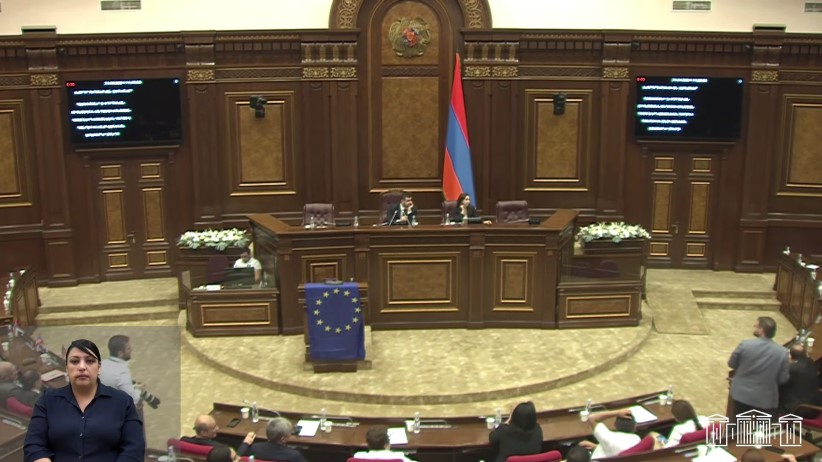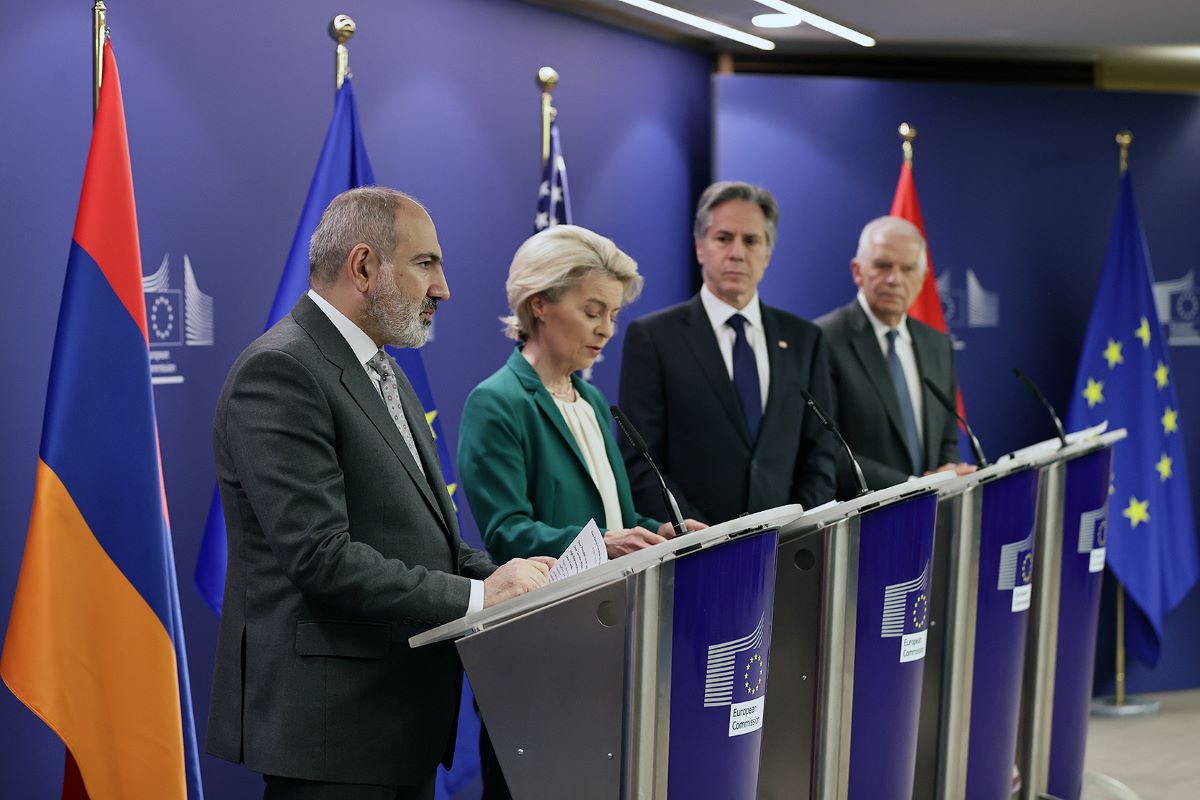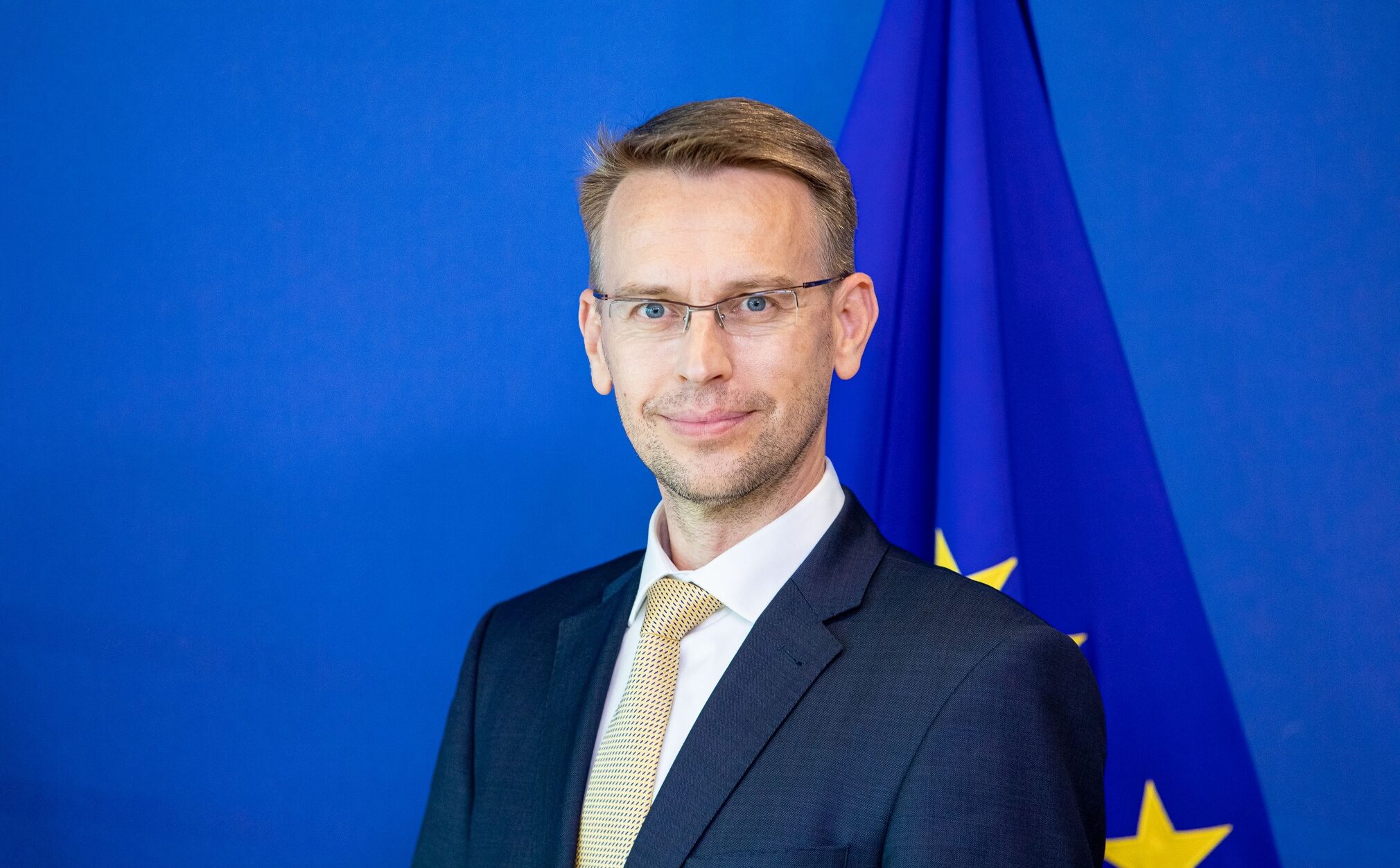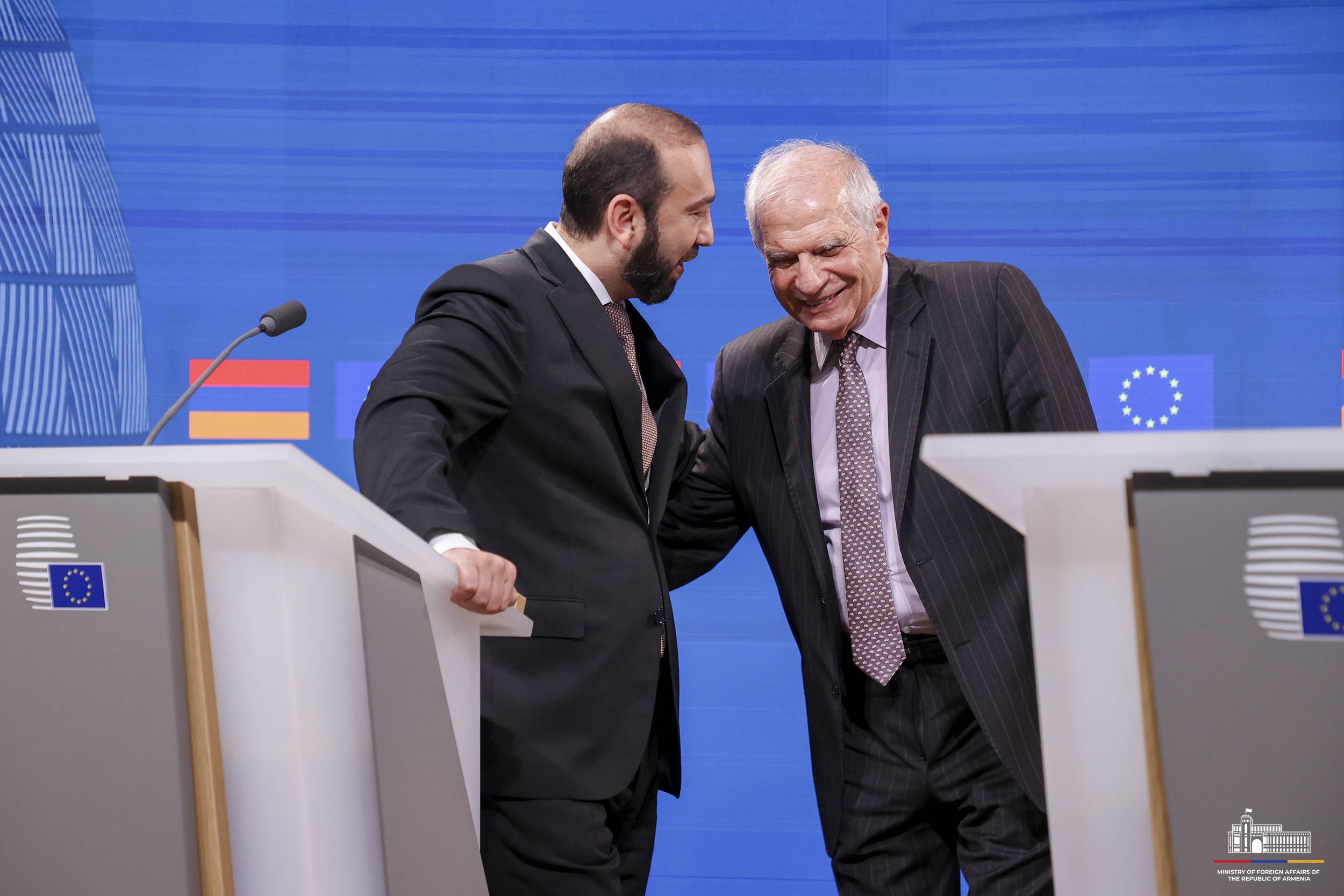"Armenia – a potential candidate for EU membership." Opinion from Yerevan
Will Armenia Become an EU Member?
“The EU may see potential in Armenia or theoretically consider Armenia as a member of the European Union, but only if the country meets the established standards,” says political scientist Robert Ghevondyan.
He emphasizes that although Armenia is a potential candidate for EU membership, meeting these standards is crucial: “After all, we are not dealing with the Eurasian Economic Union created by Russia, where participation is the main thing.”
According to Ghevondyan, Armenia will face numerous challenges on its path to the EU, from financial to political issues. The political scientist does not rule out that this might be the reason why the country’s authorities are in no hurry to submit a membership application.
- “Armenia did not decide to align itself with the West just today,” – Pashinyan to British media
- “Armenia provided with safety cushions” – Opinion on the Brussels meeting
- “Armenia is Europe, period”: Discussion on Euro-Integration in Parliament
Commentary by political scientist Robert Ghevondyan
Authorities more cautious than necessary
“The Armenian authorities clearly want to continue on the path of European integration. EU membership is one stage of this integration. However, at this moment, I do not see a definite decision that we will necessarily reach the membership stage.
Becoming an EU member is not about signing a single document. Comprehensive reforms are needed, and this process cannot be completed in one or two years, even if the state has no financial problems.
Armenia must go through a certain path, do its homework, which will be very difficult to achieve even within 5-10 years. And after the membership application is submitted, we should not expect Armenia to join the EU sooner than in 10 years.
It is in this logic that the Armenian authorities are not inclined to hold a referendum on EU membership now, as suggested by pro-Western parties. This would mean submitting a membership application in a short period, implying that Armenia would commit to completing its homework at an accelerated pace over 10-15 years. This could exceed our capabilities in many respects. Figuratively speaking, we would have to go to great lengths to meet these obligations.
At the same time, I can say that the authorities are acting much more cautiously than necessary and are extremely indecisive. They tend to first fulfill the necessary obligations in various areas and only then apply for membership.”
The future of Armenia lies in the EU
“The majority, both in society as a whole and among politicians and parties, believe that Armenia’s political future is on the path of European integration.
There are also radical approaches. Some political forces think that Armenia should apply for EU membership immediately.
However, there are others who believe that comprehensive reforms are necessary before submitting an application. This is the approach taken by the Armenian authorities.”
Numerous Issues: From lack of political will to financial constraints
“The EU standards that a country must meet to qualify for membership are numerous and cover various areas. In many respects, Armenia may face problems it cannot solve alone. For example, the railway tracks across the EU are narrower than those in the post-Soviet space and currently in Armenia. Replacing the railway tracks would require changing the train wheels. These are issues that could be resolved over several years, costing billions of dollars. And there are not just dozens, but hundreds of such examples.
It’s not that the European Union demands all these issues be resolved 100 percent before membership. But at least most of them must be addressed. The state must follow this path to become an EU member.
We have many problems in the economic sphere. The quality of products made in Armenia significantly lags behind European standards. We are part of an economic union [the EAEU, under Russia’s aegis], where quality is secondary or tertiary. The garbage that local businesses produces can be easily sold in Siberia. Businessmen can make a good profit from this. Therefore, they are not interested in taking steps to improve quality and spending money on it.
The Armenian authorities need to find ways to motivate these businessmen. For example, they could create additional challenges for their operations by increasing the tax burden, so they would reject easy money and work towards improving their product quality. If we become an EU member, we would have the opportunity to export our products to EU countries.
A few instances of exporting substandard goods could close EU doors to Armenian products, ending Armenia’s economic integration with the EU.
In short, we face more of a political will issue in tackling these economic transformations.
But, of course, there are also political problems. There is the issue of defining and specifying the Armenian-Azerbaijani border and reducing the risk of war in the region. We could list these areas and problems for hours.”
Is resolving relations with Azerbaijan and Turkey a prerequisite?
“The issue is not that a country [seeking EU membership] must first resolve all its conflicts. Remember, the Greek part of Cyprus became an EU member. The problem is not the absence of conflict but that it must be manageable and at a certain level of resolution. For example, they say Ukraine could become an EU member in 2030, despite the ongoing war. There are other such examples.
Armenia can become an EU member even if some issues with Azerbaijan remain unresolved, which I believe is inevitable.
Regarding Armenian-Turkish relations, Turkey is the main reason the border is closed. It can be said that the decision depends solely on Turkey. Whenever Turkey wants, the border will open. And if Armenia becomes an EU member, the Armenia-Turkey border will become the EU’s border. I think this would only accelerate the border opening from Turkey’s side.”






















